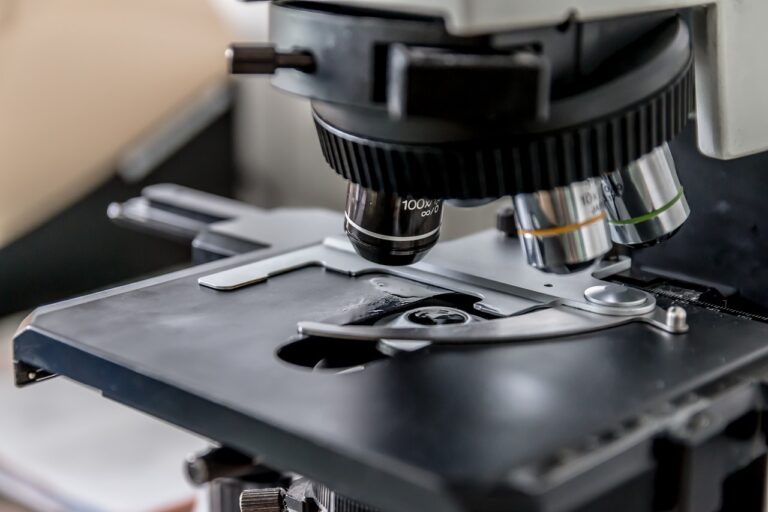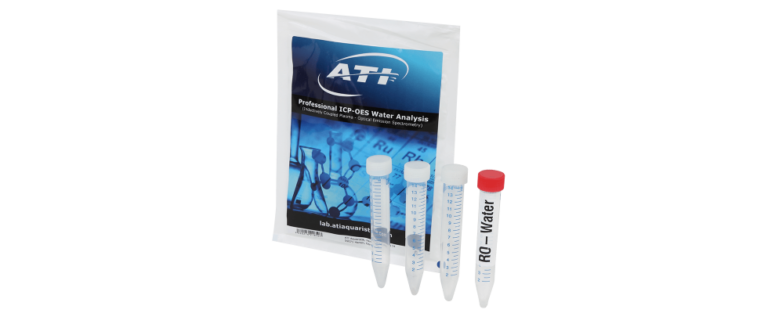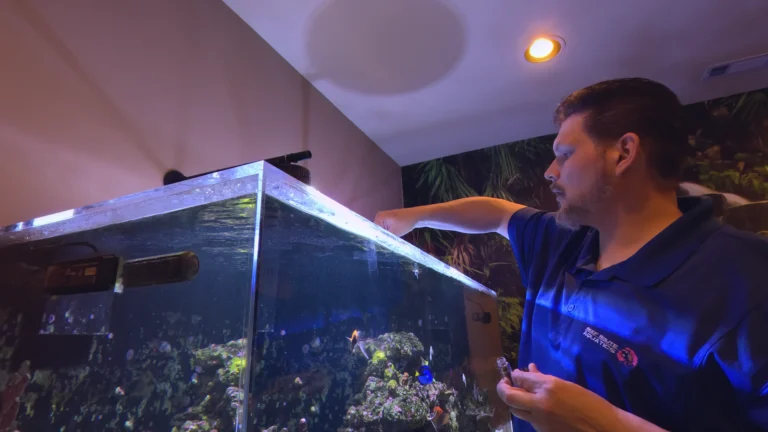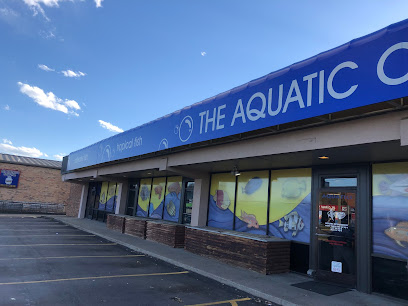Aquarium Testing Tennessee
Professional Aquarium Water Testing Services for Optimal Aquatic Health
Comprehensive Water Quality Analysis for Vibrant and Healthy Aquariums
Regular, Reliable
Service
Our aquarium testing services are offered on a regular basis, providing peace of mind for aquarium owners, knowing that their aquatic environment is consistently monitored and maintained.
Customized Water Treatment Solutions
When issues arise, our aquarium water quality testing allows us to tailor water treatment solutions specifically to your aquarium’s needs, providing precise remedies to maintain optimal water quality.
Regular Water Parameter Monitoring
Our professional aquarium testing includes regular monitoring of critical parameters such as pH, ammonia, nitrate, nitrite, and water hardness, ensuring that your aquatic environment remains stable and optimal for your fish and other inhabitants.
Top Grade Aquarium Testing

On-site water chemistry analysis:
- Ammonia
- Nitrite
- Nitrate
- PH
- Alkalinity
- Salinity
- Temperature
- Phosphate
- Calcium
- Magnesium
- TDS (for RO/DI units)
Aquarium Water Testing
Maintaining a healthy aquatic environment can be a real challenge. As a conscientious aquarium owner, you’re likely familiar with the frustration that comes from recurring water quality issues, cloudy water, and unhappy fish. You may have tried DIY solutions or generic water treatments, only to find the problem persisting.
It’s disheartening when your once-clear aquarium water turns murky, and you’re left worrying about the well-being of your beloved aquatic inhabitants. Uncertain about the water parameters that can affect their health, you’re left wondering if there’s a better way to ensure your fish thrive in a crystal-clear and pristine environment.
At Reef Route Aquatics, we provide the definitive solution to your aquatic woes. Our expertise in fish tank water analysis and aquarium water quality testing ensures that your aquarium’s water parameters are always in the ideal range. Say goodbye to cloudy water, algae outbreaks, and stress among your fish.
Our comprehensive aquarium testing services are your key to maintaining a harmonious aquatic ecosystem. We employ state-of-the-art techniques to assess water quality, including pH levels, ammonia, nitrate, nitrite, water hardness, and more. With precise testing and data analysis, we can identify and address issues swiftly, guaranteeing the optimal health and happiness of your aquatic life.
Don’t let water quality concerns stand in the way of your dream aquarium. Experience the difference with [Your Company Name] as we transform your aquarium into a pristine underwater paradise.
ATI ICP-OES Complete Saltwater Water Test Kit
ATI ICP is the preferred ICP test with Reef Route Aquatics. We’ve been using it and recommending it for years. It has a nice website interface, and allows us the option to share the results easily with our customers. Their layout with the way they report is also easy to read and understand. The report not only gives you the values of your tank water, but also gives you the recommended values of natural seawater, which is very helpful.
- Includes salinity and alkalinity unlike competing test kits
- Major elements: chloride, sodium, sulfur, magnesium, calcium, potassium, bromine, strontium and boron
- Minor elements: aluminum, antimony, arsenic, barium, beryllium, bismuth, cadmium, chromium, cobalt, copper, iron, iodine, lead, lithium, manganese, mercury, molybdenum, nickel, phosphorus, selenium, silicon, silver, thallium, tin, titanium, vanadium and zinc

Purchase a water testing kit for aquarium from Reef Route Aquatics, and we’ll help you understand your results and assist with a solution to get your aquarium back on track.
REEF TANK TESTING
Testing aquarium water has never been easier. Having better equipment than the average hobbyist, lab grade testing is more accurate and more reliable than ever before.
Don’t risk your aquariums success to a inexpressive test kit from a big box store. Get your reef tank tested with a high quality ICP test today!
GET THE AQUARIUM HELP YOU NEED TODAY!
Check out the list of services we offer. We handle everything from aquarium installations, custom aquarium design, to aquarium cleaning. No matter what you need, we got you covered.
Testing Aquarium Water for Healthy Fish and Corals
Keeping your fish and corals healthy means regularly testing the aquarium water. This guide will show you how to test aquarium water and what kind of results you should be looking for!
Aquarium testing is an essential part of maintaining a healthy environment for your fish and corals.
Testing the water in your aquarium allows you to monitor chemical levels, and helps you identify any problems before they become serious. This guide will walk you through the steps of conducting an aquarium water test and interpreting the results.
Understand What Should be Tested and Why.
One of the most important steps of aquarium testing is understanding what should be tested and why. The two most common tests measure the levels of ammonia, nitrates and nitrites. Ammonia is toxic to fish and corals and can rapidly reduce oxygen levels in the water. Nitrates and nitrites are produced during the breakdown of organic matter, such as food debris or fish waste, and should remain at low levels for a healthy aquarium. Testing for phosphorus is also recommended as it can cause an excess algae growth if it’s too high.
Select the Proper Test Equipment for Accurate Results.
When it comes to aquarium testing you may want to consider investing in quality test kits and meters. Poorly calibrated or inaccurate test equipment can lead to unreliable readings, so it’s important to understand the accuracy of the equipment being used. Test kits that take liquid samples are generally preferable as they are more accurate than strip tests. For digital meters, make sure to ensure that they meet the desired accuracy rate and have undergone proper maintenance.
Set up and Prepare the Aquarium for Testing.
To get the most accurate readings when testing your aquarium water, it’s important to ensure that the environment has been properly set up. Before taking samples for analysis, make sure that the aquarium is filled with dechlorinated tap water and any saltwater mixes if applicable. It is also important to adjust the temperature of the tank based on what species of fish you will be keeping in it. Additionally, turn off pump filters and any decorations that could interfere with sampling.
Follow a Regular Maintenance Schedule for Aquarium Testing.
To keep fish, corals, and other aquatic life in optimal conditions, it is important to create a regular schedule for water testing. Aquariums need tests at least every two weeks to monitor their health. During these times, test the water for temperature, pH, nitrate levels and other nutrients that could affect the health of your fish or coral. This helps to ensure that any changes in water quality can be managed and corrected quickly to avoid major issues.

If you're in the Murfreesboro Area

Please stop by Animal City on NW Broad St. They have high quality fish and their staff is more than helpful!
If you're in the Nashville Area

Visit Aquatic Critter on Nolensville Road. Huge selection of fish and equipment, and their staff is very knowgledable!

